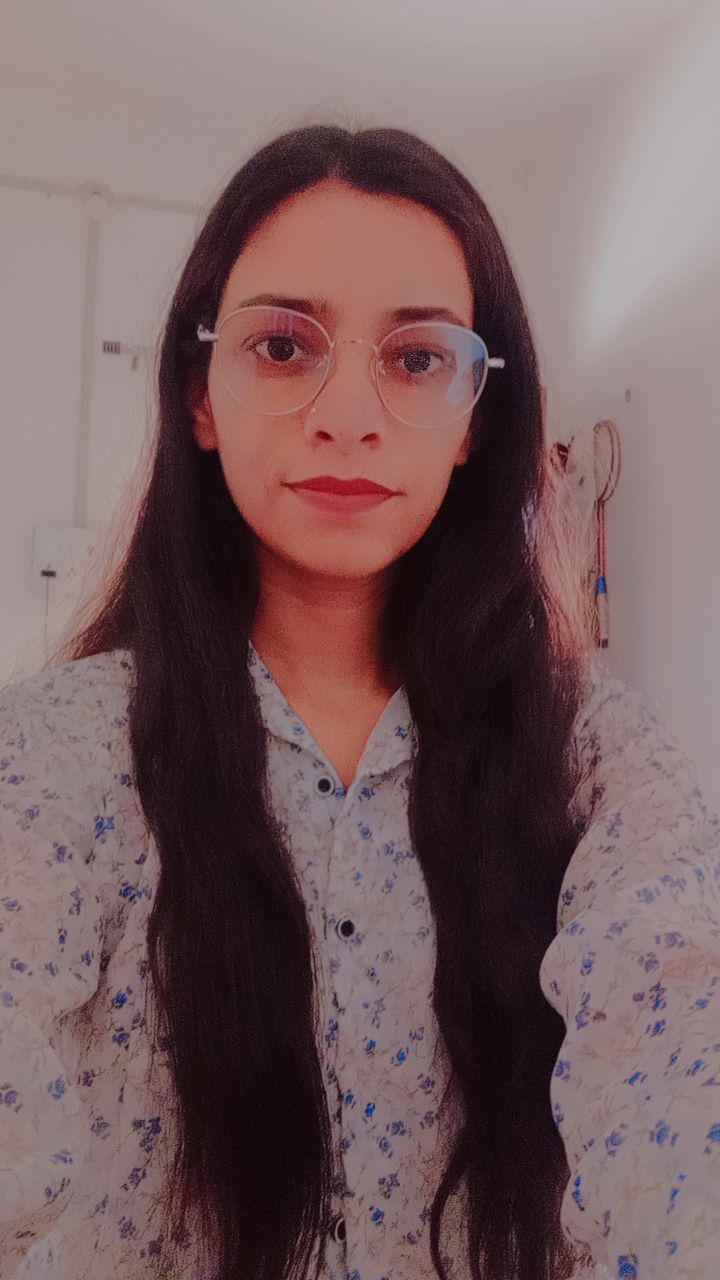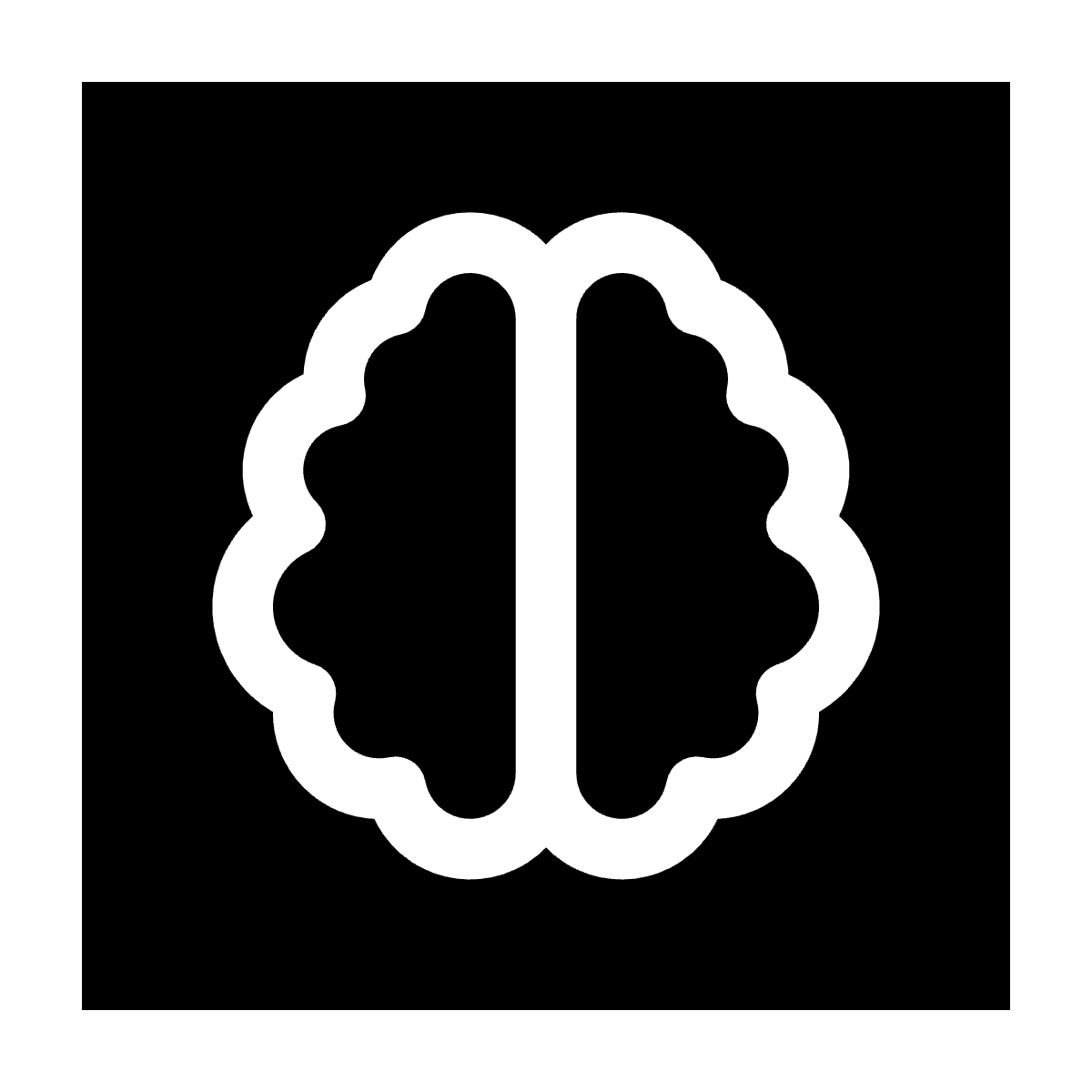Science behind Deja vu, why it happens & when to consult a doctor
Deja vu, which literally means "to feel one has seen something before," ranks as the most widely recognized of all the weird experiences people have. Deja vu feels you like you lived this moment before. It is an illusion of human brain It is believed that Deja vu may be the result of two different streams of awareness colliding. It is an incredible common experience, something upwards of 97% of people are thought to have experienced Deja vu at once.
How does Deja vu happens:
When you experience Deja vu your brain is creating an illusion. The main reason it is caused by dysfunctional connections between the parts of your brain that play a role in memory recollection and familiarity. There are two temporal lobes one on each side of human head the play an important role in helping you to : recall words, remembers the places you have been, recognize people, understanding language. In each temporal lobe there is a hippocampus, which contributes to many of these functions and is responsible for storing short term memories. During certain types of seizures your hippocampus and surrounding brain tissue can be activated, causing you to have memory experiences like Deja vu.
Types of Deja vu:
These are different types of Deja vu a person can experience
Deja entendu : Feeling of already heard
Deja eprouve: Feeling of already experienced
Deja fait: Feeling of already done
Deja pense: Feeling of already thought
Deja raconte: Feeling of recounted
Deja Senti: Feeling of already felt emotional
Deja su: Feeling of already have knowledge of a thing
Deja trouve: Feeling of already found
Deja vecu: Feeling of already found
Deja voulu: Feeling of already wanted
Which kind of people mostly experience Deja vu:
Almost every person experience Deja vu at some points of their life. But some researchers suggest that certain factors can make some people more likely to experience it than others.
These factors include:
1.Stress and fatigue: Deja vu is more experienced by people who are under stress and fatigue.
2 Personality trait: Some studies states that people who are more open with new experiences may be mostly experience Deja vu
3.Age: Deja vu mostly seen in younger people.
4 Sleep deprivation: Déjà vu has higher chance of occurring in people with lack of sleep or disturbed sleep.
When to consult a doctor:
-(4).jpg) Deja vu is a typical experience even if scientists are unable to find out exactly why it happens. Sometimes it may be an indication of health issue. Deja vu
Deja vu is a typical experience even if scientists are unable to find out exactly why it happens. Sometimes it may be an indication of health issue. Deja vu
1 If it is accompanied by headache, weakness, shaking, loss of awareness or confusion then you should talk to your doctor.
2 You are experiencing Deja vu many times.
3 You lose consciousness.
Treatment for Deja vu
Correcting the underlying reason, is the only way to treat Deja vu. Mostly Deja vu may be reduced by properly managing a seizure disorder, lessening stress and anxiety, and getting enough rest. Try distracting yourself. Distraction is a technique that can remove unwanted feelings.


-(2).jpg)
 (1).jpg)